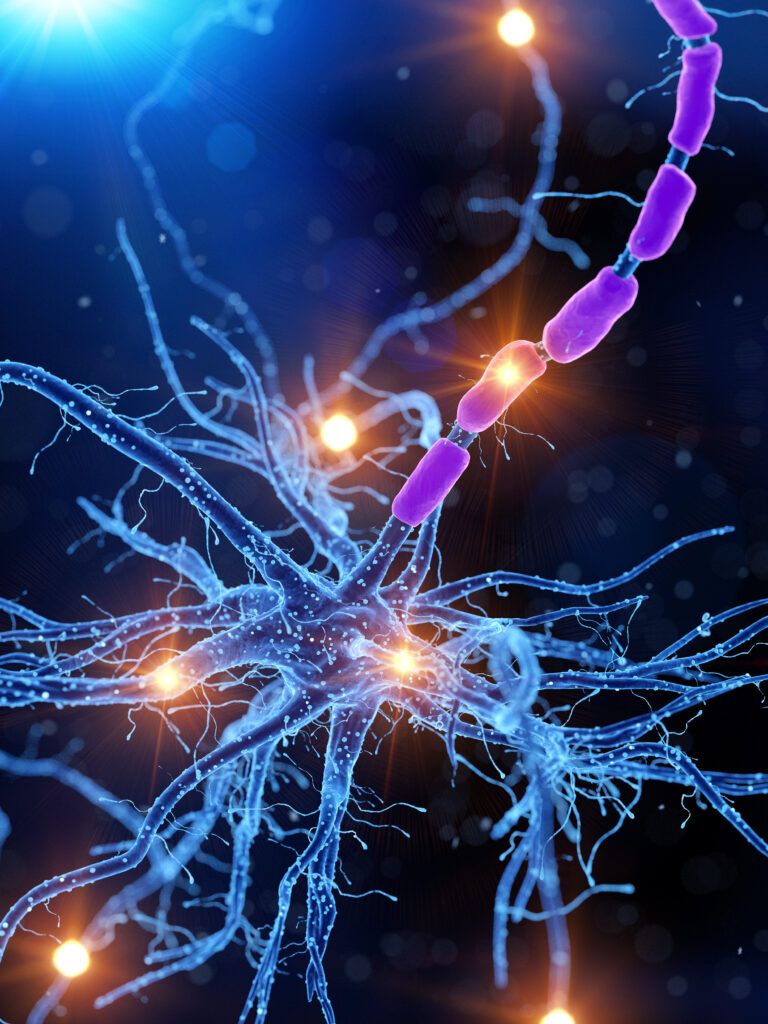**Investigating Monoclonal Antibody Therapies for Clearing Amyloid in Alzheimer’s**
Alzheimer’s disease is a serious condition that affects millions of people worldwide. It is characterized by the buildup of a protein called amyloid in the brain, which can lead to memory loss and cognitive decline. Researchers have been working on finding new treatments to clear this amyloid and slow down the progression of the disease. One promising approach is using monoclonal antibody therapies.
### What Are Monoclonal Antibody Therapies?
Monoclonal antibodies are special proteins designed to target specific parts of the body. In the case of Alzheimer’s, these antibodies are designed to find and bind to amyloid proteins in the brain. By binding to amyloid, these antibodies help to clear it out of the brain, which can potentially slow down the progression of the disease.
### Donanemab: A Leading Example
One of the most studied monoclonal antibodies for Alzheimer’s is donanemab. This treatment has been tested in several clinical trials. Here’s what we know about it:
– **Effectiveness**: Donanemab has shown significant effectiveness in reducing amyloid levels in the brain. In one study, participants who received the highest dose of donanemab had a 90 to 100 centiloid reduction in amyloid, which is a measure of how much amyloid is present in the brain[1].
– **Safety Concerns**: While donanemab is effective, it also comes with some safety concerns. Many participants developed anti-drug antibodies, which are the body’s immune response to the treatment. Some participants also experienced infusion reactions, such as chills, flushing, and fever. Additionally, there were cases of ARIA-E (amyloid-related imaging abnormalities-edema), which is a type of brain edema that can be caused by amyloid-lowering treatments[1].
– **Long-term Benefits**: The good news is that participants who cleared amyloid from their brains showed slower cognitive decline even after stopping the treatment. This suggests that donanemab may have long-term benefits for people with Alzheimer’s[1].
### Other Monoclonal Antibodies
While donanemab is a leading example, there are other monoclonal antibodies being studied for Alzheimer’s. These include:
– **Anti-tau Monoclonal Antibodies**: These antibodies target tau proteins, which are another type of protein that builds up in the brains of people with Alzheimer’s. Studies have shown that anti-tau monoclonal antibodies can reduce tau pathology and improve cognitive function. However, these treatments are still in the early stages of research and have not yet been approved for use[2].
– **Comparative Studies**: Researchers are also comparing different monoclonal antibodies to see which ones are most effective and safe. A recent study compared several anti-tau monoclonal antibodies and found that they all had high affinity for tau proteins, but more research is needed to determine their efficacy and safety[2].
### Conclusion
Monoclonal antibody therapies hold great promise for treating Alzheimer’s by clearing amyloid from the brain. Donanemab has shown significant effectiveness in reducing amyloid levels, but it also comes with safety concerns. Other monoclonal antibodies targeting tau proteins are also being studied, offering new avenues for treatment. While more research is needed, these therapies represent a significant step forward in the fight against Alzheimer’s disease.
By understanding how these treatments work and their potential benefits and risks, we can move closer to finding effective ways to manage and potentially cure this devastating condition.





